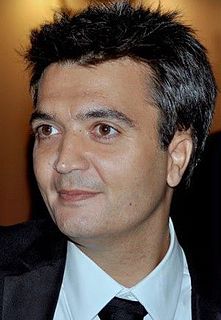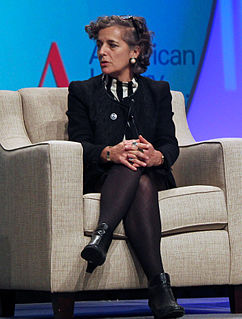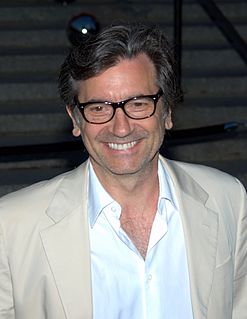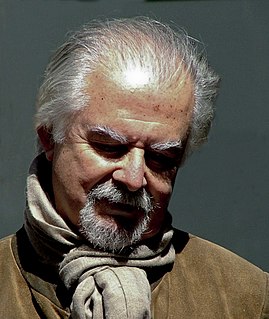A Quote by Louis Leterrier
Even though I studied in New York and I know the American system, I come from France where I learned that with movies in France where the director is king. There's no such thing as a studio edit. It's the director's cut, period.
Related Quotes
What I think I'm perceived as in France is, like, I'm this leading man always doing strange movies because most of the movies I did, like 'Irreversible' or 'Brotherhood of the Wolf' and a bunch of others, and even in France, they always come out as a particular movie, not like the typical French kind of movies that people know most of the time.
It's useful to be born in a different culture because you see things that are not obvious. I come from France. In France, there isn't a pretense of objectivity in publishing. I discovered - and I don't agree with it - that in the US, the New York Times or The New Yorker has to pretend to be objective, and if they present this point of view then they have to also present the other side.
My parents left Iran in 1979 and moved to France and then moved to the U.S. My brother was born in France and I was born in New York. I think my parents left France because they felt their kids would never be accepted by French culture. Here they thought we could feel American - that we could feel safe in that way - which was important to them, given what their experiences were in Iran. They used to joke about how I could be president because I was the only one born in America.
In Hong Kong, in our generation that started out in the 1970s, being a director wasn't a big deal. We didn't even have director's chairs. We weren't particularly well paid. The social standing of a film director wasn't that high. It was a sort of a plebeian job, a second or third grade one. And the studio heads are always practical, there's never any fawning because someone is a director. There's very little snobbery about one's position as a director. The only ones people treated differently were those that were also stars; or the directors who also owned their companies.






































